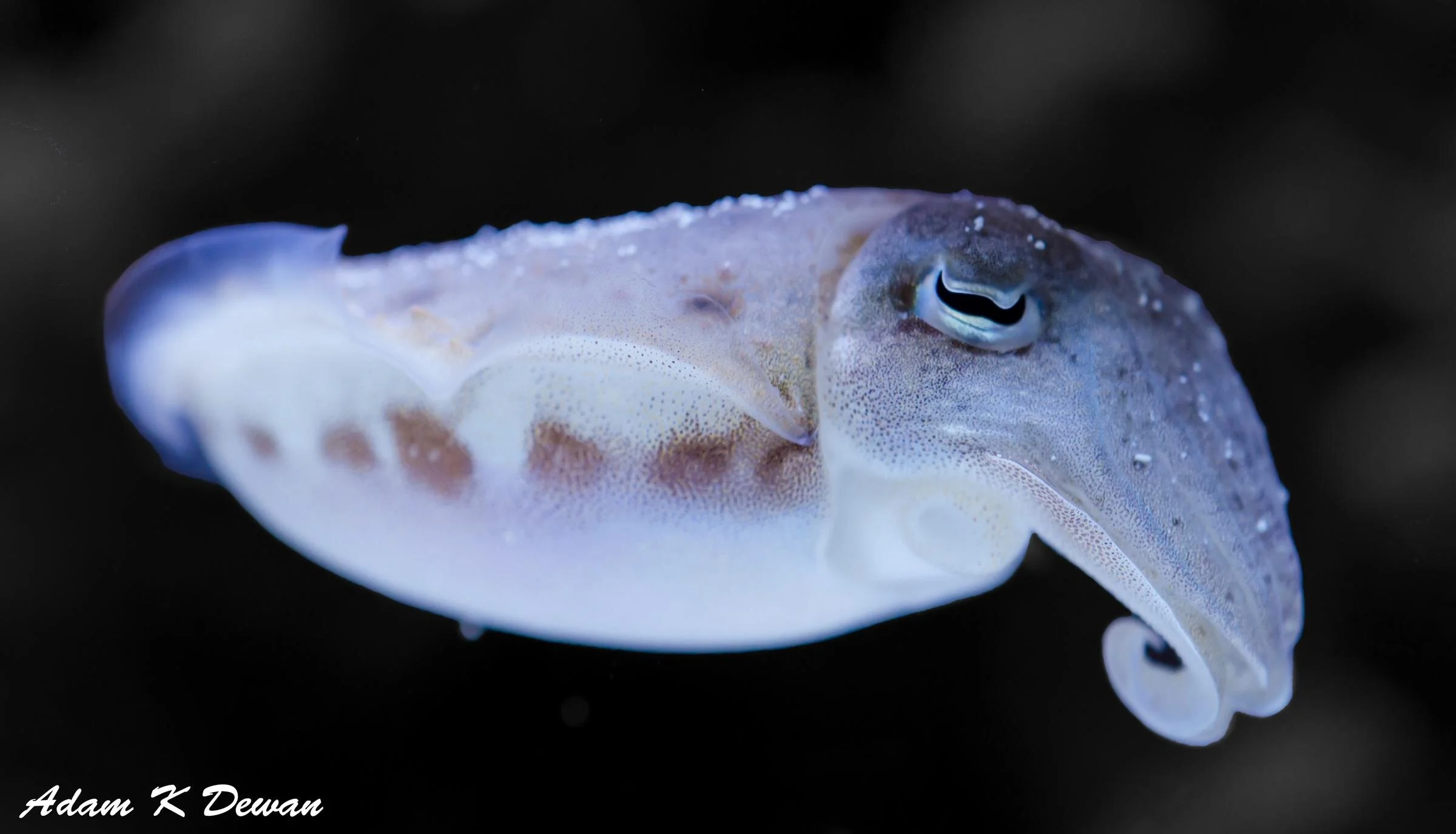

Role of the Gut Microbiome in Brain Disorders
Only ten years ago, the idea that bacteria in your gut could affect your brain and behavior was seen as a fringe theory. But today, it is well-established that the trillions of microbes in the gastrointestinal tract—collectively known as the gut microbiome—profoundly influence the brain. Now, researchers are working to harness the power of the gut microbiome to develop new treatments for brain disorders.
Read more at IEEE Pulse: Targeting the Gut to Treat the Brain.

Giraffes’ Highly Complex Social Lives
In a new paper, researchers from the University of Bristol reviewed over 400 research papers and collected all the information available on giraffe behavior and social organization. The evidence they found paints a picture of an animal with a highly complex social system, potentially comparable to that of elephants, chimpanzees, and dolphins.
Read more at my Animal Minds blog: Giraffes May Be as Socially Complex as Orcas and Elephants.

Neurogenetics
Improvements in sequencing technology and other genetic tools have enabled the identification of genes involved in many brain disorders and provided new insights into their role in disease. These advances, along with recent breakthroughs in gene therapy, have already translated research discoveries into treatments for previously incurable diseases.
Learn more in this fact sheet for the American Society of Human Genetics: Neurogenetics.

Diabetes Distress in Adolescents
Adolescents with type 1 diabetes are more likely to experience depression than their peers without diabetes, and symptoms of depression can directly impact adherence to diabetes care. Thus, both the American Diabetes Association and International Society for Pediatric and Adolescent Diabetes recommend annual routine depression screening. But does depression or diabetes distress - a new term to describe negative reactions and emotions stemming from having a diabetes diagnosis - better predict glycemic control?
Read the whole story at Pediatrics Nationwide: Diabetes Distress Associated with Poor Glycemic Control in Adolescents with Diabetes.

How Cuttlefish Think Outside of the Brain
New research shows that neurons in the arms of cuttlefish demonstrate evidence of learning and memory, independent of their main brain.
Read about it at my Animal Minds blog: How Cuttlefish Think Outside of the Brain.
